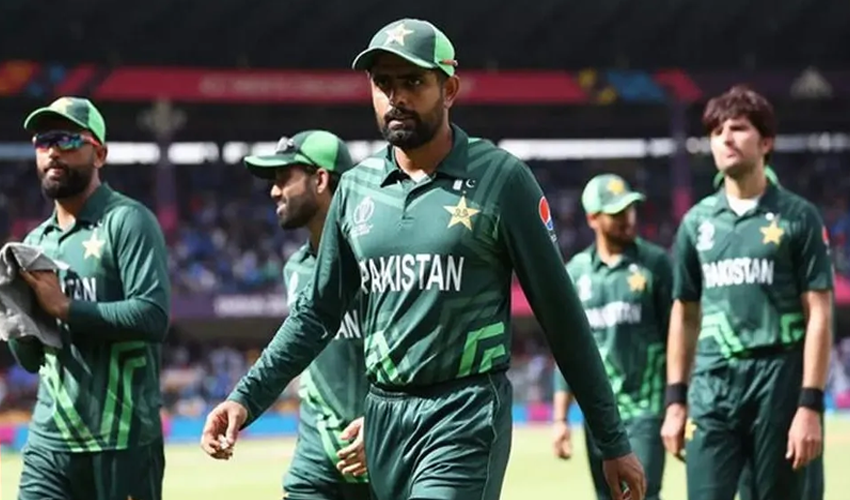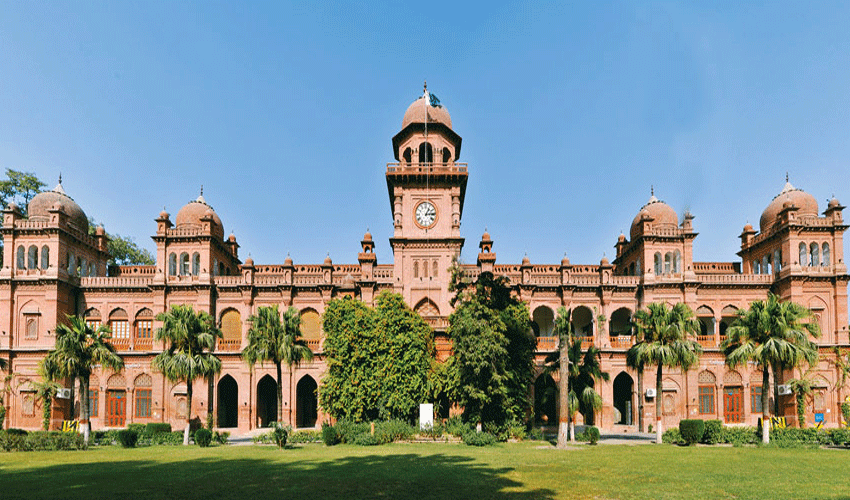In a surprising turn of events for the cricketing community, Babar Azam on Wednesday has officially stepped down as the captain of the Pakistan Cricket Team across all formats, marking the end of his leadership era following a dismal World Cup campaign.
The decision has ignited speculation about his successor, with several potential candidates emerging in the spotlight.
Babar Azam's legacy
Babar Azam took on the role of white-ball captain in 2019 and assumed the Test captaincy in 2020. Despite high expectations, the team failed to secure any ICC or Asia Cup titles under his leadership.
The recent World Cup in 2023 proved to be particularly challenging for Azam, as Pakistan faced an early exit from the tournament, setting several undesirable records in the process.
During the mega event, Babar's individual performance with the bat did not meet the standards expected of him. With only 320 runs in nine matches at an average of 40.00 and a strike rate of 82.90, questions were raised about his dual responsibility as captain and key batsman.
Potential candidates
As discussions about Babar's successor gained momentum, insiders revealed that the Pakistan Cricket Board (PCB) would accept Azam's resignation if submitted voluntarily.
In the absence of Azam, Shan Masood has emerged as a strong contender for the Test captaincy during the upcoming series against Australia.

For the T20I series in New Zealand, the spotlight turns to Shaheen Shah Afridi, who is also touted as a potential leader for the Green Shirts in the upcoming T20 World Cup.

PCB's decision looms
While the PCB has not officially disclosed the names of the potential candidates, sources suggest that Shan Masood is likely to take the helm for the Australia Tour, with Shaheen Shah Afridi leading the team in the T20I series against New Zealand. The prospect of Afridi captaining Pakistan in the T20 World Cup next year is also under consideration.
Babar Azam's resignation marks the end of his captaincy journey, which spanned five tournaments, including the T20 World Cups in 2021 and 2022, and the Asia Cups in 2022 and 2023.
Despite the team's inability to secure silverware during his tenure, Azam remains a vital asset as a top-order batsman, and his future role within the team is yet to be clarified.



























